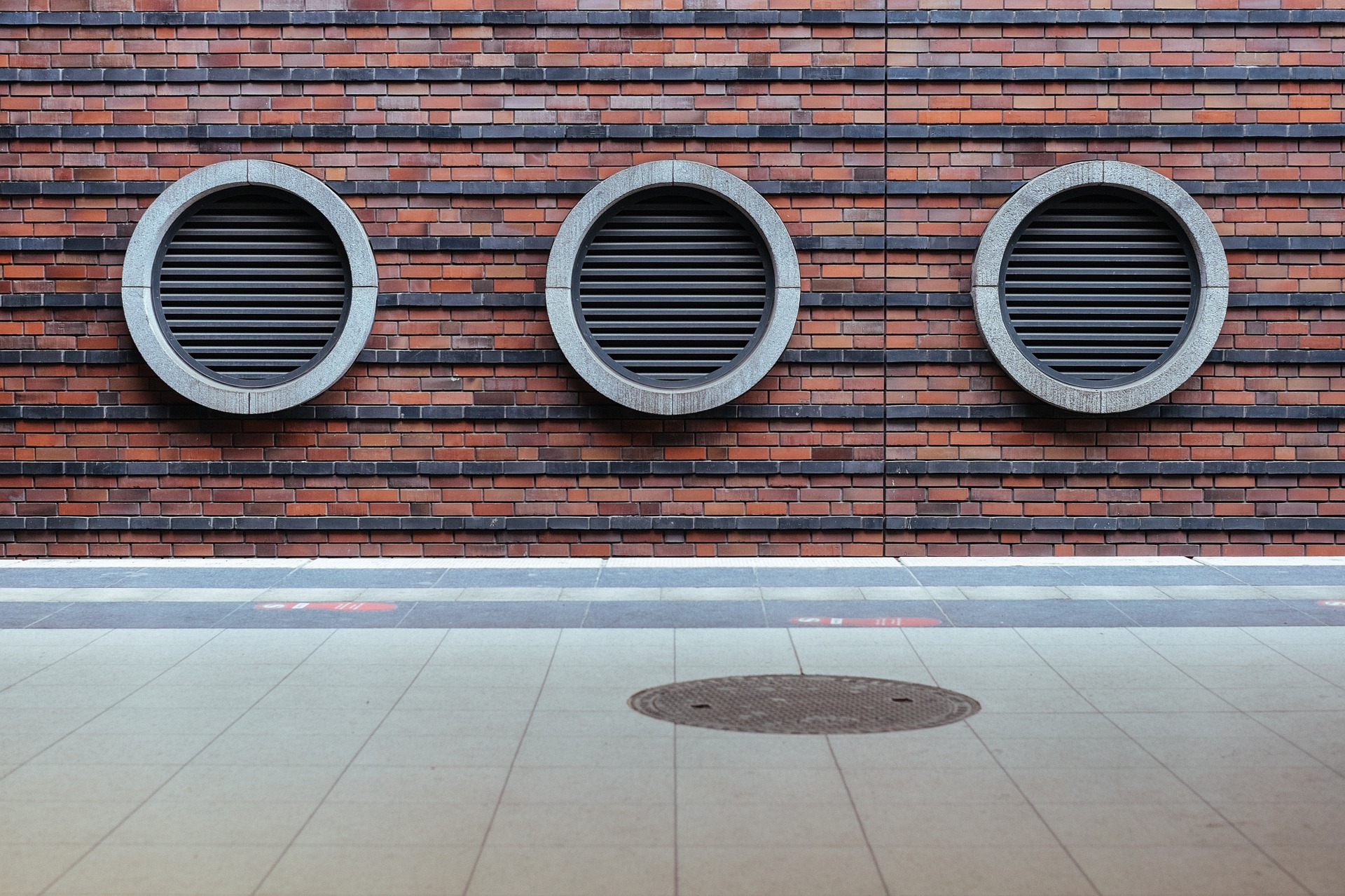
The importance of effective ventilation and air conditioning during COVID-19
The pandemic has highlighted some issues that organisations may have overlooked in the past, deeming them to be of little consequence, but which have now been recognised as being of great importance to the welfare of staff. Principle among these is suitable and effective ventilation in the workplace.
An adequate fresh air supply within a workplace is required by law, and this was the case long before the pandemic reared its ugly head, so is something all workplaces should consider as a matter of urgency at this time.
It is widely understood that implementing good ventilation, together with social distancing, keeping your office premises hygienically clean, wearing face coverings when appropriate, and frequently washing or sanitising hands, can drastically reduce the risk of viral transmission.
Whether the current raft of vaccines are as effective as hoped, or not, these are likely to be practices we will be encouraged to undertake for some time, if not indefinitely.
Why ventilation?
Keeping a work premises well ventilated will help reduce the concentration of all pathogens suspended in the air, therefore, reducing the likelihood of airborne virus transmission.
When someone carrying an airborne disease exhales, they release vast numbers of small particles (aerosols) that can then be breathed in by others within an enclosed space. Introducing fresh air from outside the building will help dilute the frequency of these particles meaning the viral load (number of particles) will be less per litre of air, and therefore, the likelihood of transmission will be lower.
However, ventilation has little effect on reducing contact transmission of the virus, so it is important that the other methods for reducing spread are continued even when ventilation is improved.
Identifying problem areas
When identifying areas that require improved ventilation, consider the spaces where there is neither natural nor mechanical ventilation – these are the areas that will need to be addressed most urgently.
An effective mechanical system should provide air from outside; if it is simply recirculating indoor air, the space is poorly ventilated. Most people will intuitively know if they feel stuffy or can smell stale air, but carbon dioxide monitors should also be employed to decide if ventilation is poor.
How to address them
The simplest solution for addressing poor ventilation is to allow outside air in by opening windows and doors. However, during cold months this should be balanced with considering the ambient temperature inside the building and the comfort of people living and/or working there. It may be easier to do this thoroughly between uses, ensuring that any unwanted aerosols are evacuated from the area. As this is so important at the moment, it’s well worth considering this when organising shift patterns and building usage, for instance, allowing time between meetings to clear a meeting room and refresh the air within it.
On top of this, utilising desk and ceiling fans is a good idea as long as the area is already well ventilated. Increasing the movement of air within a room will help only if there is fresh air coming in
and stale air going out. If this is not the case, you will simply be spreading any potential viral particles around the enclosed space and increasing the risk of transmission.
In spaces where there is poor ventilation and other methods simply can’t be employed, local air cleaning and filtration units can be used. High-efficiency filters and ultraviolet-based devices are the most effective for dealing with the coronavirus, and these should be the correct size for the area they are being used in.
Effective ventilation in the workplace is one of the key reasons why DRS is working in partnership with a number of other industry leading organisations and individuals – and also with the British Standards Institution (BSI) and our sister company EFT – to come up with a new set of standards for the health and wellbeing of non-domestic buildings.
This Publicly Available Specification (PAS) will create a set of standards for healthier buildings with the aim of improving the health and wellbeing of its occupants. It will direct how design, installation, operation, maintenance and ongoing monitoring, measuring and reporting can influence factors such as those outlined previously, and it will determine benchmarking parameters to develop a Wellbeing Performance Rating that could be applied to any building.
If you want to find out more about how important addressing poor ventilation is, how it can impact your health and what you can do to improve it, call Mark Phillips on 07534 321002 or email markphillips@drsfmservices.co.uk
If you want to find out more about the new Publicly Available Specification (PAS 3003) and would like to get involved and contribute to its development, contact us at info@eftconsult.co.uk
Mark Phillips
Mark Phillips is managing director at DRS, which is part of the RD Group – an innovative, high quality, multi-faceted group of companies providing full building services solutions.
He has over 40 years’ experience in the industry and has held several operational managerial and directorial positions with some of the UK’s largest firms since beginning his career as an electrical apprentice.
The role that he holds with DRS has made use of his expertise in: business planning; commercial and financial responsibility; HR; technical reviews; new products and processes, including Indoor environmental quality; building sensor technology; controlled environment agriculture; and resource to energy.
During his extensive career, Mark has been instrumental in the successful development of several business ventures, leading transformational change at project, programme and organisational levels.

